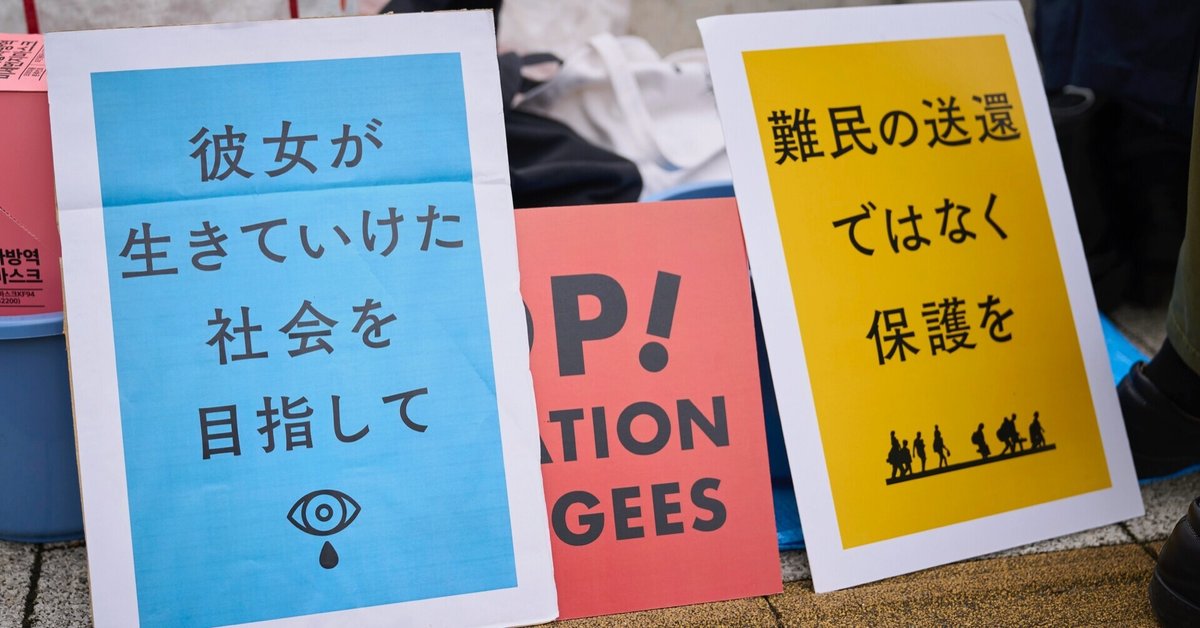
15 Stop Unnecessary Detention!
Mohammad was born of parents of Iranian nationality, and is in the sixth grade in elementary school. He used to go to the neighborhood school, just like the other children in the same neighborhood. His parents worked in a factory nearby, and they were getting along very well with the people in the workplace and the neighborhood. But one day, two adults in navy blue suits, whom he had never seen before, came to school. They told him his father and mother did not have a visa (in the context of Japan, a residence status), so they were caught by the Immigration Bureau; he could not go home, and he had to go to a place called a child consultation center.
Six months have passed since his father and mother were caught. A lawyer was assigned to help his father and mother, but she told him that it was not known when they could be released. She could not tell him why his father and mother, who had just been working, were caught, or why they could not be released. She said it was because the Immigration Bureau did not give any reasons. Mohammad also asked when they will be released. The lawyer could not answer this question either. There were no set terms. She told him that she would ask the Immigration Bureau again to release his parents, but noted that she did not know when they would give an answer.
▶ Just because they are irregular migrants...
Under the Immigration Control Act, irregular migrants (migrants without a residence status) may continue to be detained based on a detention order or a deportation order. This is called “detention.”
According to the law, detention orders may be issued even just for overstaying. That is why authorities can detain people like Mohammad’s parents, who were working in a factory and who had children in elementary school, and separate them from their children.
The person authorized to issue the detention order is the Supervising Immigration Inspector in the Immigration Bureau.
When the police arrest a suspect for a crime, the court, which is an independent body separate from the police, will determine whether an arrest warrant may be issued, from a third-party perspective. There are no such third-party oversight functions for the detention orders of the Immigration Bureau.
Moreover, detention under a detention order is for a 30-day period. The period may be renewed once, allowing a maximum of 60 days of detention.
Detention under a deportation order is allowed “until deportation is possible,” making it possible to detain someone indefinitely according to the law. Therefore, it is not unusual for a detainee, who has no realistic prospect of being deported, to be detained for many years.
People who are detained may be released when they are granted a provisional release. The decision, however, is made by the Supervising Immigration Inspector or the Director of the immigration detention center. The criteria for being released has not been made clear.
There are no time limits for decisions on applications for provisional release, so it can normally take up to one to two months from applying until a decision is made. And it is utterly non-transparent, so no one can tell what is being examined and why it takes so long.
The examination process is also non- transparent, and is conducted within the Immigration Bureau, based only on written documents. When an application is refused, no specific reasons are given.
These problems with detention by the immigration authorities have been pointed out on numerous occasions by the United Nations and bar associations which are lawyers’ organizations.
The Japanese detention system that allows for the detention of people on the sole decision of the Immigration Bureau just because they are irregular migrants and irrespective of the fact that the individual poses no risk of escaping, is wrong.
▶ The need for legal reforms
In order to solve these problems, the current laws must be amended to stop unnecessary detention. Specifically, it is necessary to (1) explicitly stipulate the need for detention as a requirement for detention; (2) provide access to prompt judicial review of issuances of detention orders and releases; (3) shorten the period of detention under the detention order and set a limit on the maximum period; (4) grant provisional release in principle, as long as there are no risks of escape; and (5) hold reviews for provisional release in a public court.
